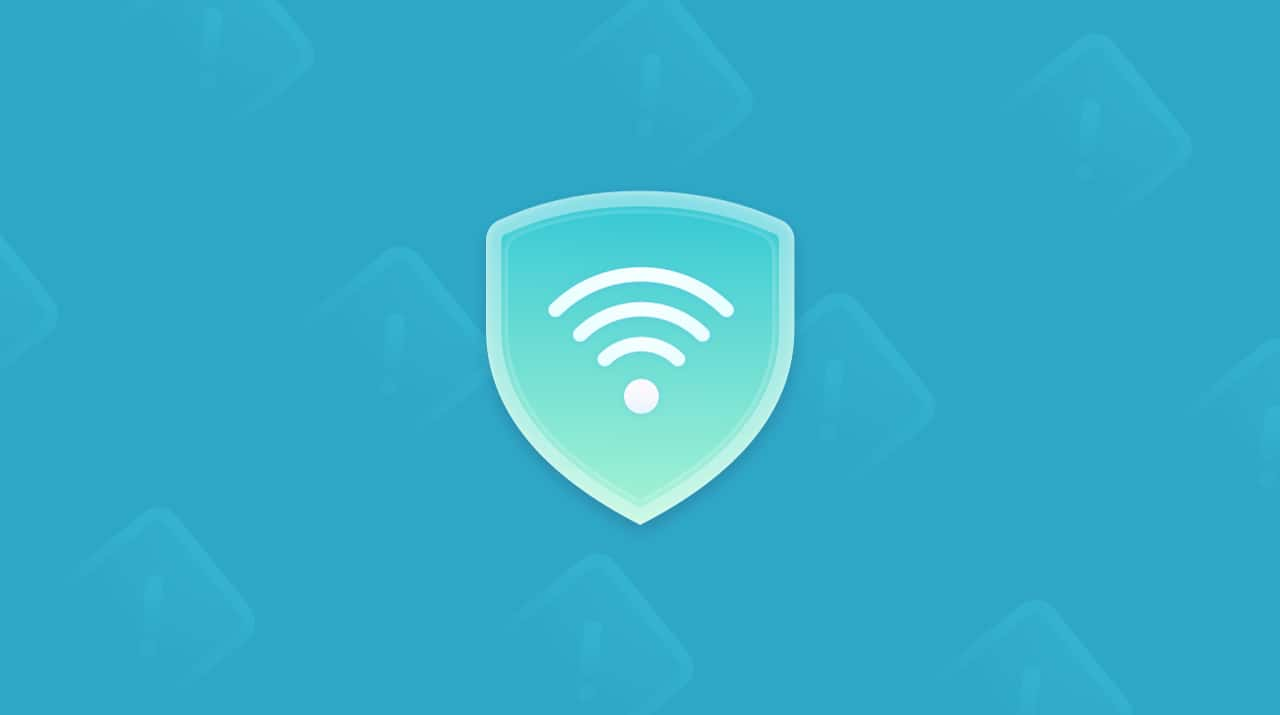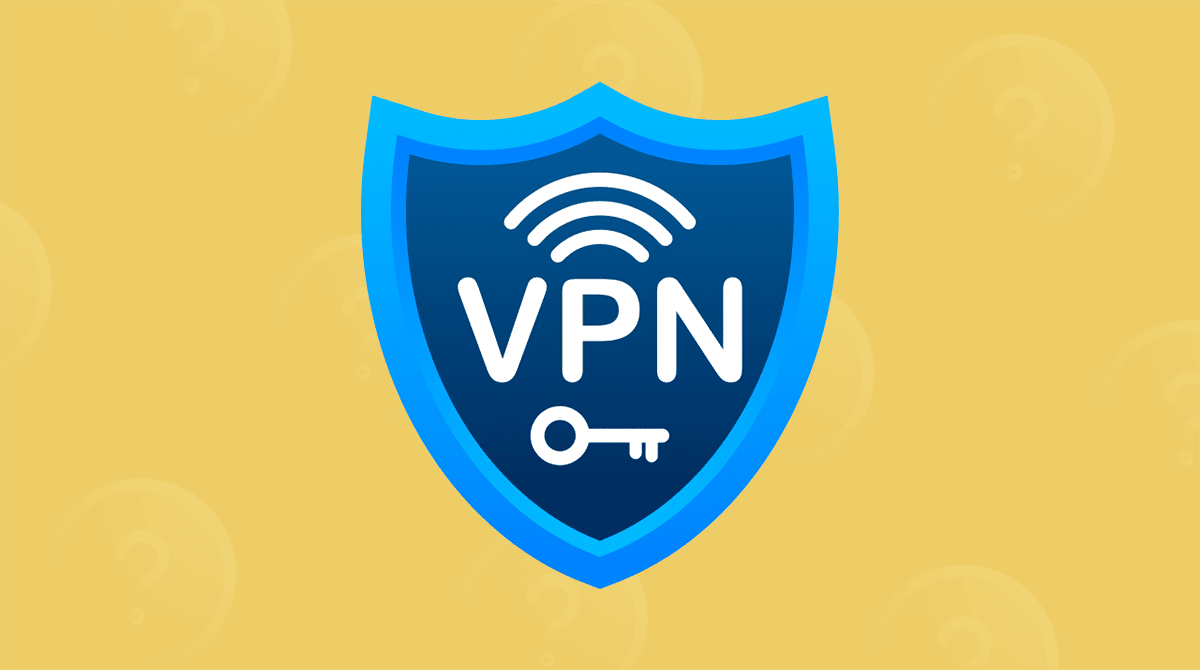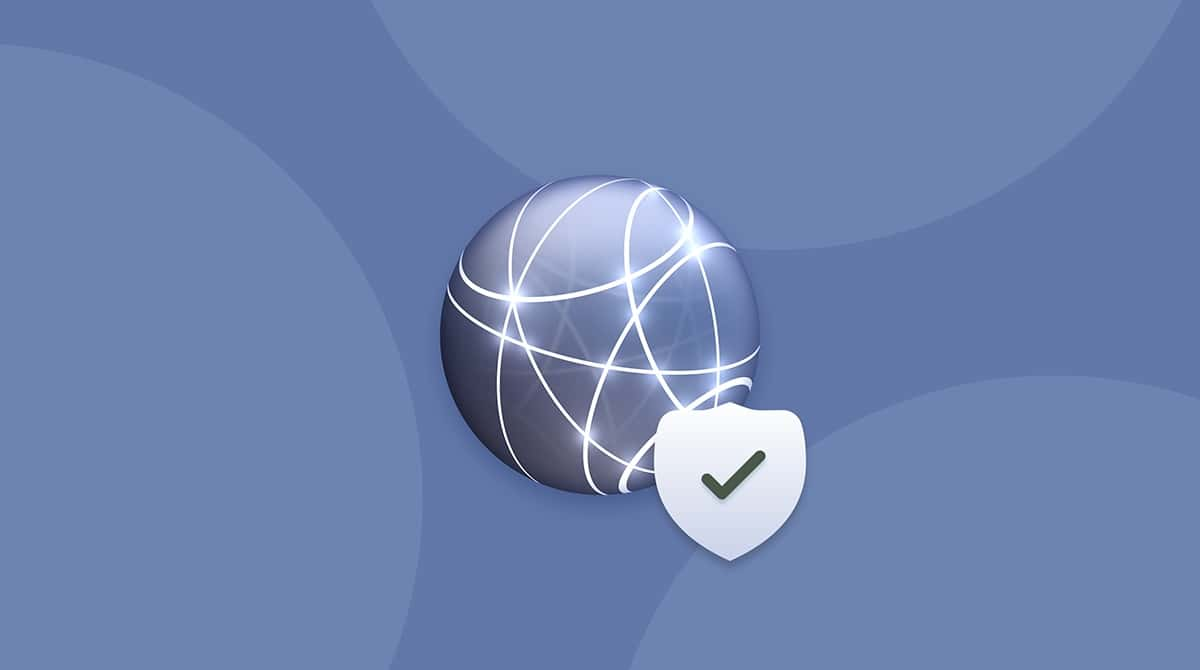Welcome to the digital era where the whole concept of your privacy is becoming ambiguous. Governments and corporations obtain your data without you even knowing or your consent. Leaks from whistleblowers paint a grimmer picture of the world’s global surveillance. Our emails are kept on agencies’ servers, our calls are being recorded and checked for key phrases, even our location timeline is stored for “safety” reasons. Cases of people who tried to tell us the truth, including Edward Snowden, demonstrate, again and again, how much governments track us. How to block tracking? Let’s find out in our article.
Why and How does the government track you?
Yes, we know you are just an ordinary citizen with no criminal records or tendencies. But the government thinks otherwise and will spy on you anyway. Just in case. What if you’ll become a terrorist tomorrow? It’s not even a WHY the government tracks you, but HOW.
Long story short, it’s the ISPs (Internet Service Providers) that provide the government with your data. ISPs monitor and track all your online data, including your IP address, passwords, the exact time you spend on particular websites, your habits, your clicks, the photos you send to your significant others.
ISPs claim to collect your data according to laws (indeed, they are required to) and they have to keep it on their servers for some time for the governmental service access it. But that’s only a part of the problem. What’s even more appalling is that the data stored on the ISPs’ servers isn’t even well-encrypted. A hacking attack on the server will perceive what you share with the world.
This data can be used to crack your bank accounts, blackmail you with some things you’d rather keep private, even to gain control over your house if it’s smart — just imagine someone having access to your baby monitor.
How to block tracking?
There are some simple but yet effective tips that will help you in securing yourself from being tracked.
Choose strong and different passwords
Don’t use the names of your favorite sports teams! And no famous dates, too. These are extremely popular and easy to crack with brute force attacks. It will take less than a second for a computer to crack ANY password that contains less than 6 digits. Here are some quick tips:
- Make it longer than 8 digits
- Use both uppercase and lowercase letters
- Use numbers and special characters
- Don’t use names or popular words
Don’t use one password for all your accounts! If a leak happens, the hackers will receive access to all web-services you use.
Disable 3d-party cookies
Have you seen the notifications about cookies when you visit the website for the first time? Cookies are tiny pieces of code stored in your browser. Websites use them to recognize you. Online store cookies link to your previous orders and searches. These cookies are called 1st party cookies, and they are used to personalize your experience.
But ones they leave the site they were created for and start appearing on other platforms — they become 3d party cookies. Sites like Google and Facebook have agreements with multiple shops and resources that give them your cookies. Unfortunately, Google and Facebook use those cookies to track your likes/dislikes too often. Google can track users across nearly 80% of sites via its various third-party domains😐
This information should stay private, don’t you think? Luckily, cookies are stored on your device — it is possible for you to disable third party cookies or even all of them! Learn how to do it on Google Chrome.
Do it the Zukerberg’s way— tape your webcam!
If you have a feeling that someone might spy on you with your webcam — you are not alone.
Former FBI director James Comey said in the interview that he had tape over his camera. Also, you’ve probably seen Mark Zukerberg’s photo at his office, where he also has his web-camera taped.
Switch to a more secure browser
Yes, Google Chrome is comfortable. But what about privacy? Still, it’s a product of Google. A company, that keeps track of all your activity. In 2018 it cooperated with the Chinese government. The goal was to create a new search engine for the country’s market, which would help the authorities to track citizens. This search engine would also link phone numbers and all the online activity.
So, what if not Chrome? There are lots of alternatives that are open-source and focus on your privacy way more than Google. Tor is, probably, the most famous browser built for security. It is not very fast, but it provides a proxy server that hides your IP and location.
You can also give Brave a try — it’s based on Chromium, an open-source version of Chrome, and looks familiar to everyone who used Chrome before.
DuckDuckGo is an anonymous search engine, but it also has its browser for smartphones.
But don’t forget — a safe browser that doesn’t leak your information isn’t enough.
Use a VPN service
ISPs have the data you send across the web. But they won’t be able to access it if it’s encrypted! That’s why you should use a VPN service that will encrypt your data. How to block tracking using a VPN?
A VPN serves as a midpoint between you and the web, making sure that no extra party will have access to your activity. All your web requests and data you share are encrypted with high-tier algorithms. VPNs with no-log policies don’t keep your data on their servers, nobody can access it but you.
VPNs also change your IP address, which can be used to recognize your device. IP points to your location, ISP, and other things you’d want to keep private. A VPN unblocks content. Some countries ban certain content on their territory. A VPN can set your IP to other countries, where this content is available without blocking.
We take your privacy seriously. That’s why we've created ClearVPN — the first effortless VPN for a personalized and secure online experience. Block any online tracking, go anonymous, change IP, access content and more. ClearVPN is the only VPN you need. Because it clearly understands you.








